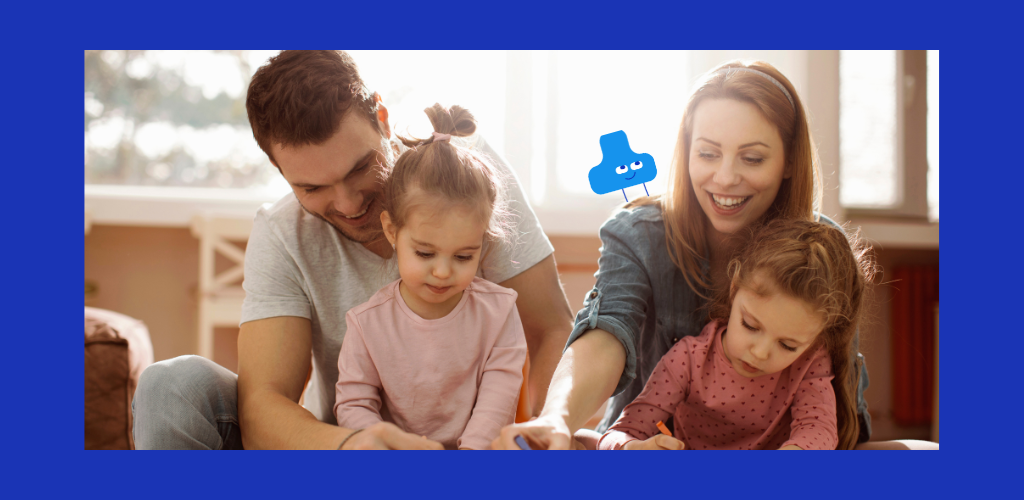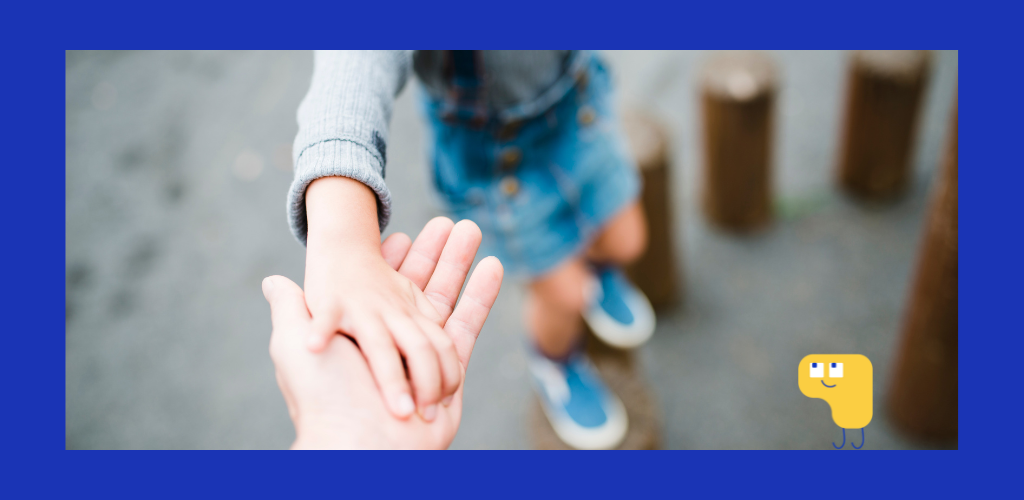Many of them suffer without saying so. They go to school every day, do their homework, learn their lessons... and yet, they feel misunderstood, isolated, stressed. It's not a question of grades or concentration. It's a question of connection. Or rather, a lack of connection.
Schools have always been about educating the head. But what about the heart? What about emotions? Conflicts? The need for recognition, security and meaning?
Our children are growing up in a world of performance, skills and targets. But they also want to be listened to, respected and cared for. In short : empathy.
How can we pass it on, cultivate it and turn it into a strength?
What exactly is empathy?
Far from being a sentimentality or a "nice guy quality", empathy is a skill. A ability to put oneself in another's shoesto understand their emotions, intentions and reactions, without adopting them.
It's a human, social, educational... and now managerial, civic and ecological skill. Empathy is everywhere. Except, sometimes, where it is most needed: in education.
Because children only learn well if they feel secure. Because teenagers can't grow up peacefully if they never feel listened to. Because relationships, both at home and at school, are the foundation of development.
Why has empathy become an educational issue?
Because we're going through a bonding crisis.
At school, the figures speak for themselves:
-
Increase in cases of bullying at school
-
Teachers in increasing distress
-
Students stressed, disengaged, sometimes violent
-
Loss of meaning in learning
At home, it's no better:
-
Overwhelmed, guilt-ridden parents
-
Daily tensions within siblings
-
Difficulty setting limits without shouting
-
Feeling of not knowing how to "do it right" anymore
In this context, putting empathy back at the heart of educational relationships is not a luxury. It is a a necessity.
Can school become a place of empathy?
Yes, and this has already begun in some countries.
At Denmarkempathy classes have been compulsory since 1993. They are called "Klassens tid" - literally "class time". Every week, pupils take time to talk, listen, resolve conflicts and strengthen the collective.
The result? Happier children, less bullying, a calmer school climate... and one of the happiest countries in the world.
At Francemore and more initiatives are emerging:
-
Kindness classes
-
Emotion management programs
-
Student mediators
-
Philosophy, theater and debate workshops
-
Books and games on emotional intelligence
But all too often, these actions remain marginal. Or disconnected from the rest of the program.
The challenge is not to make it a gadget, but a pillar of a pillar of education.
And what do we do at home?
Here too, everything starts with the link.
You don't have to be a shrink or a parenting coach to develop empathy on a daily basis. Here are a few simple levers:
1. Putting emotions into words
Instead of saying "stop crying" or "it's nothing", we can say:
"You sound very disappointed, do you want to talk to me about it?"
"You felt unfairly treated, didn't you?"
Putting things into words opens the door to mutual understanding.
2. Take the time to listen without correcting
Sometimes, the child doesn't need a solution. Just an available ear. Listen without interrupting, without minimizing, without distracting.
3. Leading by example
Children learn by imitation. An adult who says "I'm sorry", who recognizes his mistakes, who takes care of others... transmits more than a long speech.
4. Making the most of small gestures
A kind word to a comrade, a drawing to console, a hand extended to a brother. Every empathetic act deserves to be noticed, emphasized and encouraged.
What this means in concrete terms
💛 A calmer family climate
🧠 Better self-esteem in children
👬 Stronger relationships, less conflict
🏫 A more balanced educational posture between framework and benevolence
🌿 The ability to cooperate, negotiate and socialize
Empathy is not acceptance of everything
Be careful, being empathetic doesn't mean being lax. Quite the contrary, in fact.
It means setting a clear frameworkbut with respect.
It means hearing an emotionwithout necessarily validating the resulting behavior.
It means welcoming without judgingbut also explaining, guiding, accompanying.
What if we changed our educational approach?
For decades, we believed in "toughening up" children, "teaching them about real life", "not making them fragile".
But today, the world has changed.
What children need to face the future is not walls, but roots.
Empathy doesn't make you weak. It makes you strong. Altruistic. Connected. Able to cooperate and adapt. And that's exactly what the 21st century needs.
What we remember
✔️ Empathy is an essential skill... and a neglected one
✔️ It can be learned, cultivated and passed on
✔️ It transforms relationships, schools and families.
✔️ Parents and teachers have a key role to play
✔️ It's not a miracle method, it's a daily posture
A child who learns to understand himself, to understand others, to regulate his feelings... becomes a calmer teenager, a more aligned adult, a more responsible citizen.
What if we decided, together, to make empathy the foundation of a more humane education ?




0 comments